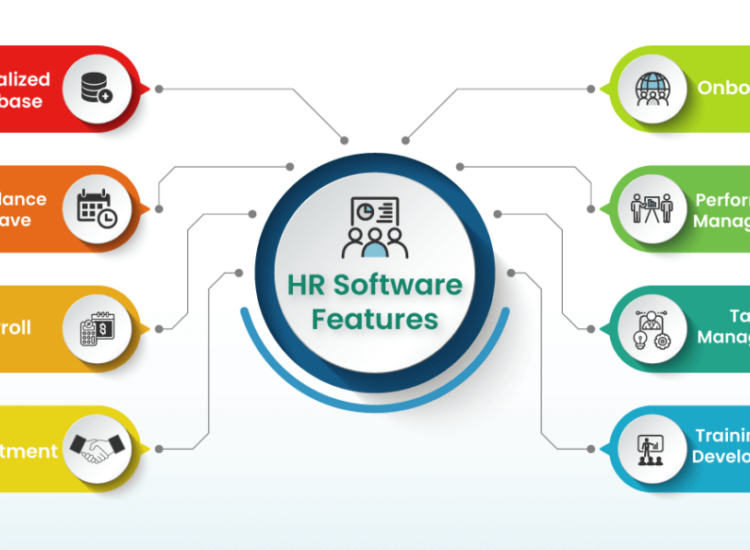Toc

Teleworking allows employees to work without leaving their homes. But then, should they receive financial compensation?
For more than two years, teleworking has become democratized throughout the world. But then, could employees who work at home ask for money from their employer?
Teleworking, a way of life
More and more French people are working from home. According to various study institutes such as the Directorate for the Animation of Research, Studies and Statistics (Dares), employees are more inclined to telework.
Between 2017 and 2021, teleworking agreements established by companies increased more than tenfold. With a significant increase in from spring 2020.
BPI France elsewhere underlined the generalization of this practice among VSE-SME managers. Before the pandemic, only 27% of French managers of these small businesses allowed teleworking, while by the end of 2021 this figure had increased to 46%.
Although the phenomenon is more common in the big enterprises, VSEs are not spared. With nearly 19% of them having set up a teleworking agreement according to Dares.
According to INSEE, in 2021, around 22% of French employees worked remotely, including 9.5% exclusively. This practice mainly concerns executives, representing 60% of teleworkers.
It therefore affects women almost as much as men. But more the age group aged 30 to 49 (24.3%) than those aged 50 and over (20.9%) or those under 30 (16.7%).
A more widespread practice in Île-de-France?
According to Dares, teleworking is more widespread in Île-de-France and decreases with the density of the regions. A study has shown that the wishes of the French in terms of teleworking are even more important than current practices.
In fact, around 55% of them would like to have working conditions even more flexible in terms of location. This suggests that the French will spend more and more time at home.
Therefore, companies that want to communicate effectively with consumers You should pay special attention to advertising mail. The latter remains one of the most effective tools for reaching recipients at home.
Indeed, several studies demonstrate that the home is a place to make purchasing decisions. This is where household members chat, contributing 88% to the progress of projects such as DIY. Work or travel.
In addition, 93% of French people make their purchases online from their home, as well as their back-to-school shopping or planning their summer vacation. The French will thus be more available to receive and consult the advertising mail they receive.
The company can compensate those who telework
Although often unknown to teleworkers, teleworking compensation is a reality in take into account. In fact, this financial compensation aims to reduce the professional burdens encouraged by the employee working from home.
These expenses may include various costs such as those related to communication (subscriptions, internet services), office supplies. IT equipment or even the furniture.
To assess these professional expenses, Urssaf offers moreover recommendations in order to bring clarity to workers. For fixed charges such as rent or housing tax, it is suggested to determine the proportional share of expenses incurred for professional activity.
Likewise, for variable expenses such as electricity, the worker wants to be encouraged to calculate the part of these expenses linked to their remote work. Concerning the purchase of furniture or computer equipment, the worker can request a refund if he advances the costs.
However, if these purchases are covered by the employer, they want to consider as advantages in nature. Legally, the employer is not required to pay teleworking compensation, but must cover the costs of its employees.














